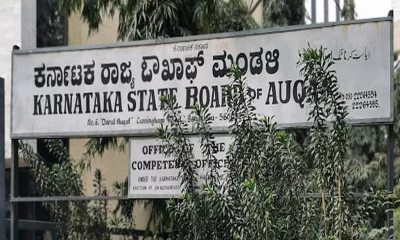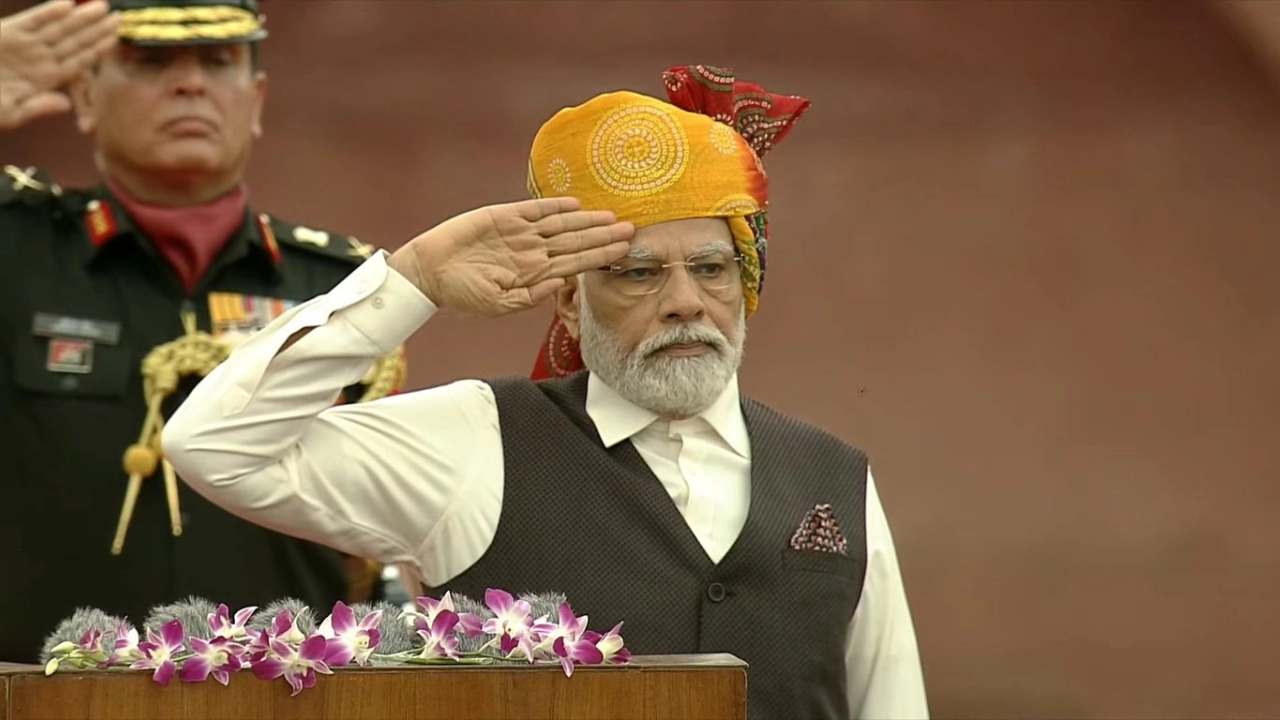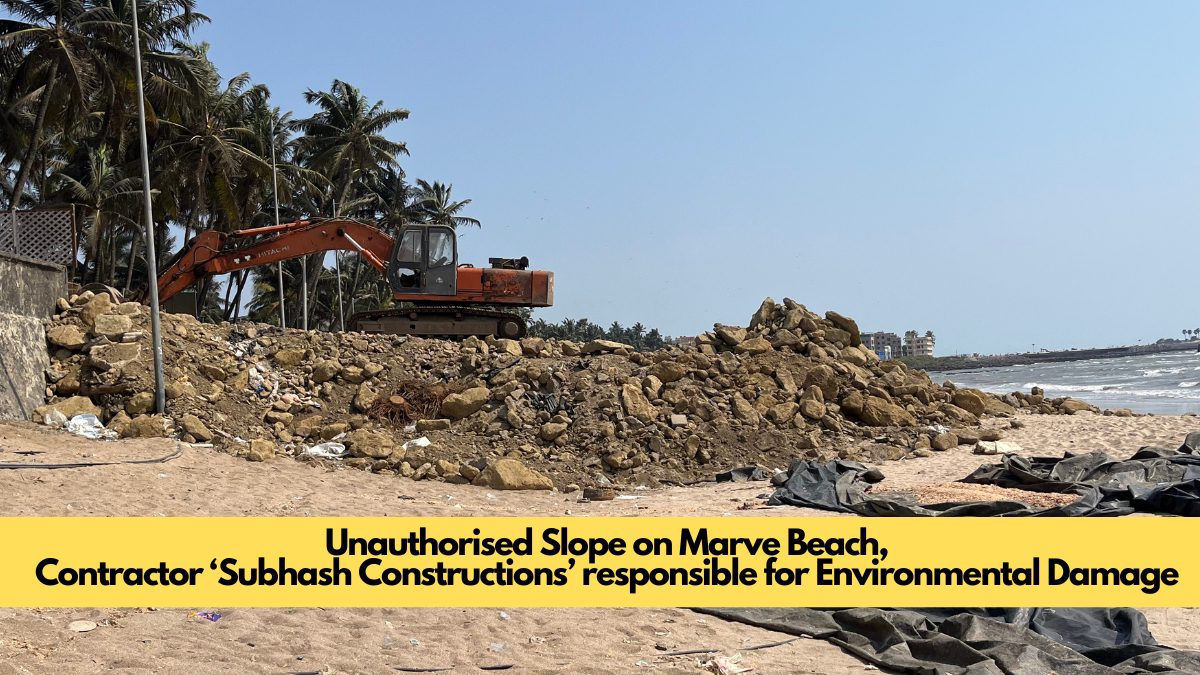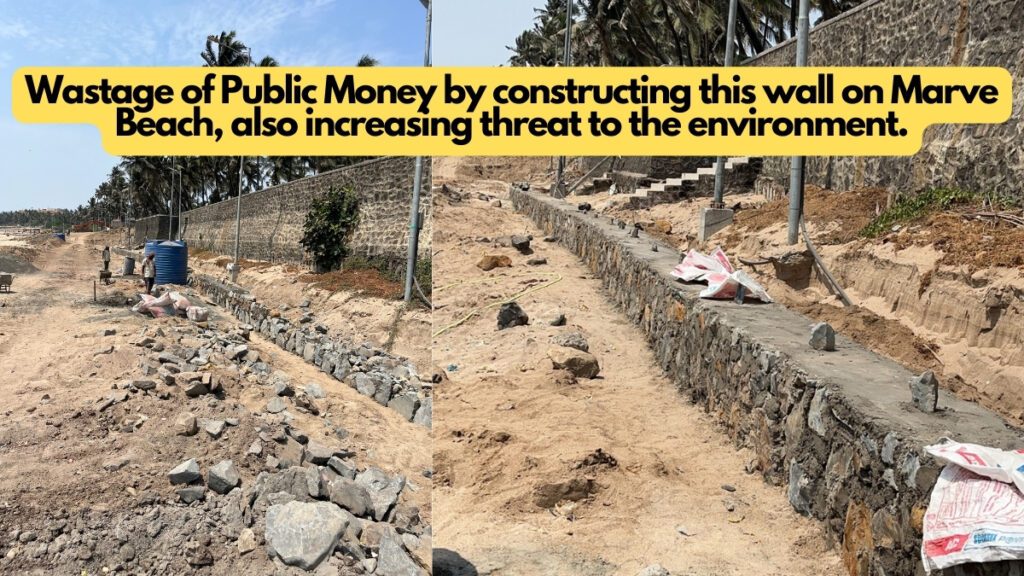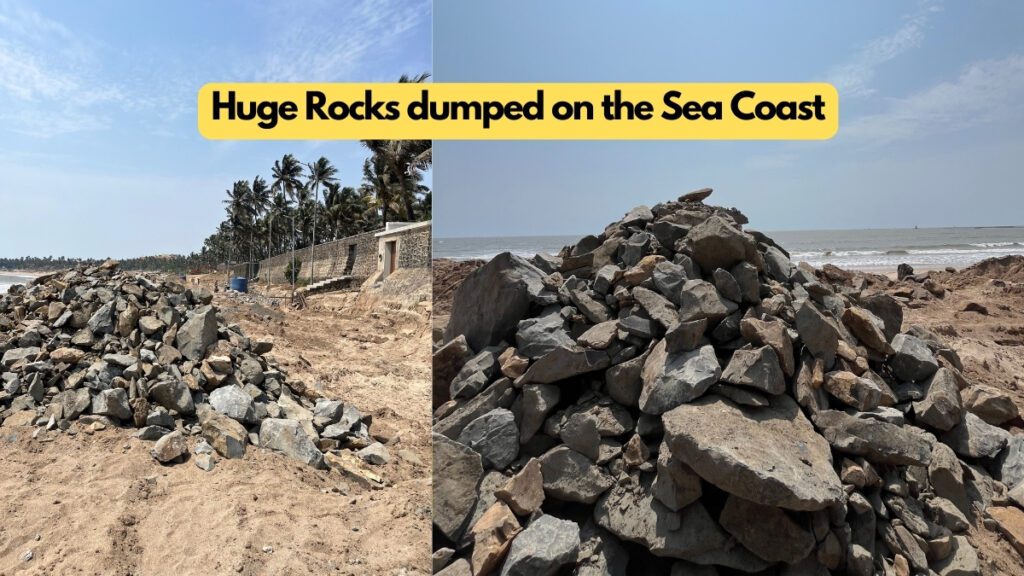Bishamber Yadav, Mumbai Uncensored, 30th May, 2023:
In a revolutionary move, the Vande Bharat Express has announced the upcoming launch of three distinct versions tailored to the length of the journey. Railways Minister Ashwini Vaishnaw revealed that by February-March next year, the nation will witness the arrival of Vande Metro, Vande Chair Car, and Vande Sleepers, representing the cutting-edge variations of these indigenous semi-high-speed trains.
Speaking with news agency PTI, Vaishnaw elaborated on the exciting developments, stating, “Vande Bharat will offer three formats catering to different travel distances. Vande Metro will accommodate trips under 100 kilometres, Vande Chair Car will serve those covering 100-550 kilometres, and Vande Sleepers will be the choice for journeys beyond 550 kilometres. All three formats will be ready within the projected timeline.”
The announcement came on the heels of the inauguration of the latest Vande Bharat route, connecting Delhi and Dehradun, witnessed by the railways’ minister and Uttarakhand Chief Minister Pushkar Singh Dhami. This addition brings the operational routes of Vande Bharat Express to an impressive total of 17.
Vaishnaw also expressed his determination to ensure nationwide accessibility, asserting that “every state will have its own Vande Bharat train by mid-June.” The progress has been swift, with new trains rolling out approximately every eighth or ninth day. Moreover, plans are underway to initiate operations at two additional factories, guaranteeing a continuous supply of these state-of-the-art trains once their production chains stabilize.
While the current speed limit of Vande Bharat trains is set at 130 kmph, the ambitious vision entails enhancing the railway infrastructure to enable these marvels to reach their full potential. Vaishnaw confirmed that the tracks will undergo extensive upgrades over the next three to four years to support the maximum speed of 160 kmph.
He emphasized the necessity of this modernization, stating, “The existing tracks were designed to accommodate speeds of 70 to 80 kmph. However, we are committed to upgrading 30,000-35,000 kilometres of tracks to facilitate speeds of 110 kmph, 130 kmph, and ultimately 160 kmph. This ambitious undertaking will be accomplished within the next three to four years.”



 Health3 days ago
Health3 days ago


 Special Editions2 months ago
Special Editions2 months ago


 Special Editions1 week ago
Special Editions1 week ago


 Special Editions3 days ago
Special Editions3 days ago


 Special Editions3 days ago
Special Editions3 days ago








